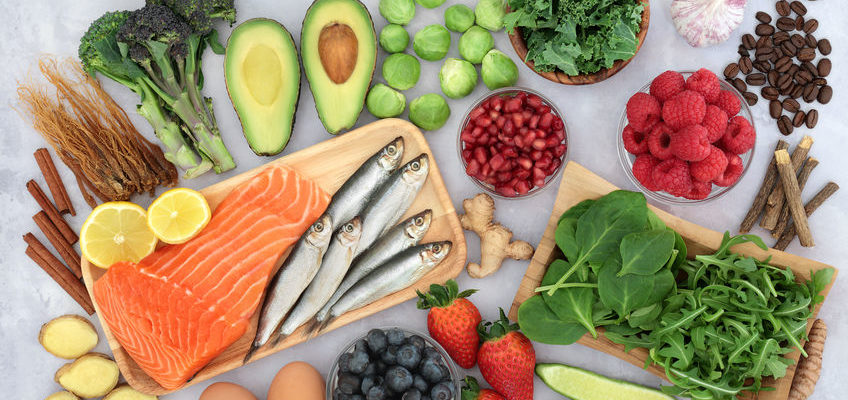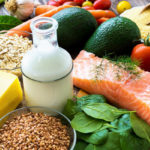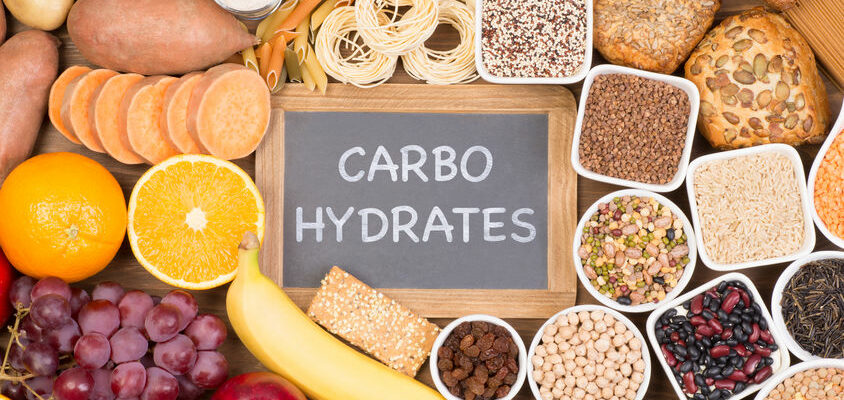
What are anti-inflammatory foods?
Anti-inflammatory foods are foods that can reduce or prevent inflammation in the body when consumed. Anti-inflammatory foods contain compounds referred to as phytonutrients, or phytochemicals. While the words phytonutrient and phytochemical may sound intimidating at first, phyto comes from the Latin origin meaning ‘plant’. Phytonutrients include compounds you may be more familiar with, including the following, just to name a few:
- Antioxidants. Powerful molecules that neutralize ‘free radicals’, free radicals are unstable compounds that can wreak havoc in the body when levels reach a high amount.
Beta-Carotene. Gives carrots and other bright vegetables their red-to-orange color. - Polyphenols. Coffee is widely considered a good-for-you morning beverage because it is one of the highest polyphenol-containing beverages consumed worldwide.
- Flavonoids including anthocyanins, which give berries their red, purple, and blue pigment.
What exactly is inflammation?
Inflammation is a defense mechanism used by the body to respond to ‘foreign invaders’ such as chemicals, pollen, bacteria, etc. Common day-to-day experiences like getting a splinter, muscle-tearing from exercise, seasonal allergies, and even stress fall into the category of inflammation triggers. Free radicals, the unstable compounds mentioned above, are naturally produced by the body to fight infection. The trouble is when there are too many free radicals moving through your system causing damage to cells, much like chemical or bacterial foreign invaders. Intermittent inflammation, such as when the defense mechanism is triggered for short periods of time, is truly protective and healing to the body, and is often referred to as low-grade inflammation. When the body stays in a state of persistent inflammation, even after the foreign invader is gone, this is called chronic inflammation and is detrimental to our health. Studies have shown links between chronic inflammation and heart disease, arthritis, Alzheimer’s, inflammatory bowel disease, obesity and depression.
Examples of anti-inflammatory foods and drinks include:
- Leafy green vegetables like spinach, kale, swiss chard
- Bright, colorful vegetables like carrots, beets, peppers, etc.
- Healthy fats like fish, olive oil and/or nuts such as almonds, walnuts, cashews
- Berries including strawberries, blueberries, raspberries
- Citrus fruits such as oranges, lemon, grapefruit, tangerines
- Green tea, turmeric tea, coffee
- Pure fruit juices (not from concentrate) such as pineapple juice, tart cherry juice
- Cacao
- Ginger
For more info, check our Youtube!
References
Foods that Fight Inflammation. (November 2018). Harvard Health Publishing. Retrieved July 2020 via, https://www.health.harvard.edu/staying-healthy/foods-that-fight-inflammation.
How to use Food to Fight Inflammation. (August 2019). Mayo Clinic. Retrieved August 2020,https://www.mayoclinic.org/healthy-lifestyle/nutrition-and-healthy-eating/in-depth/how-to-use-food-to-help-your-body-fight-inflammation/art-20457586.
Gellman, Abbie, MS, RDN, CDN. (2019). An Anti-Inflammatory Diet: What to Eat and Why it Matters. National Academy of Sports Medicine. Retrieved August 2020, https://blog.nasm.org/an-anti-inflammatory-diet-what-to-eat-why-it-matters.
Anti-Inflammatory Drinks. (July 2017). Redirect Health. (Retrieved August 2020, https://arrowheadhealth.com/anti-inflammatory-drinks/.
Other useful links to learn more:
https://fruitsandveggies.org/stories/what-are-phytochemicals/









Leave A Comment